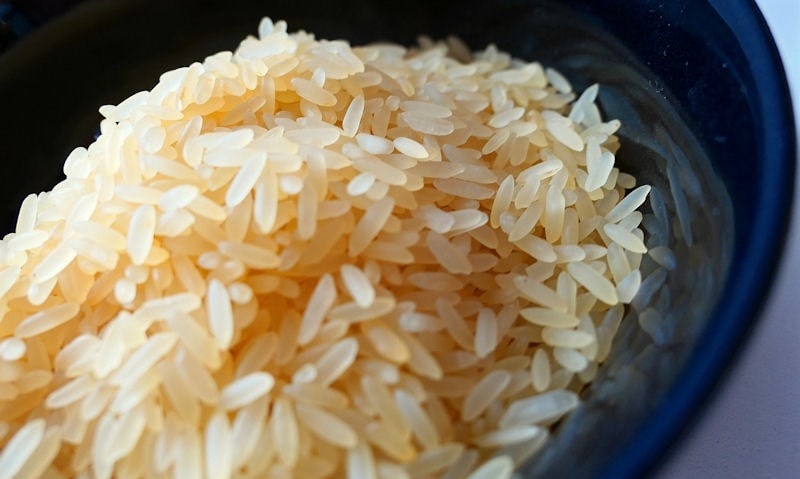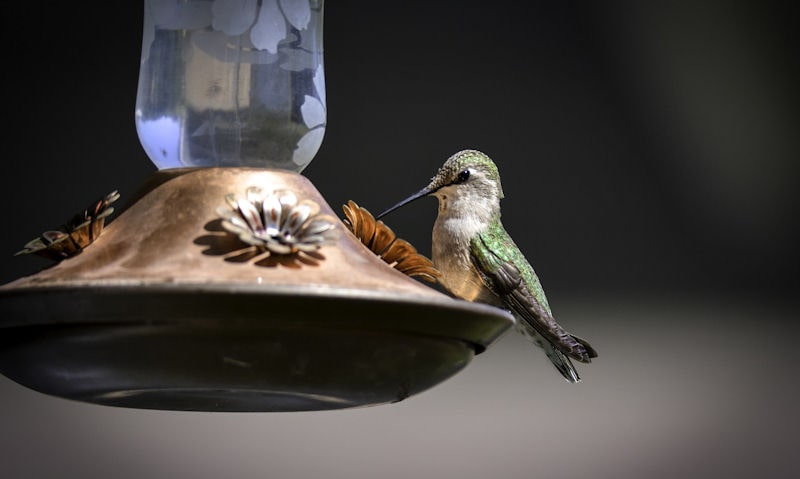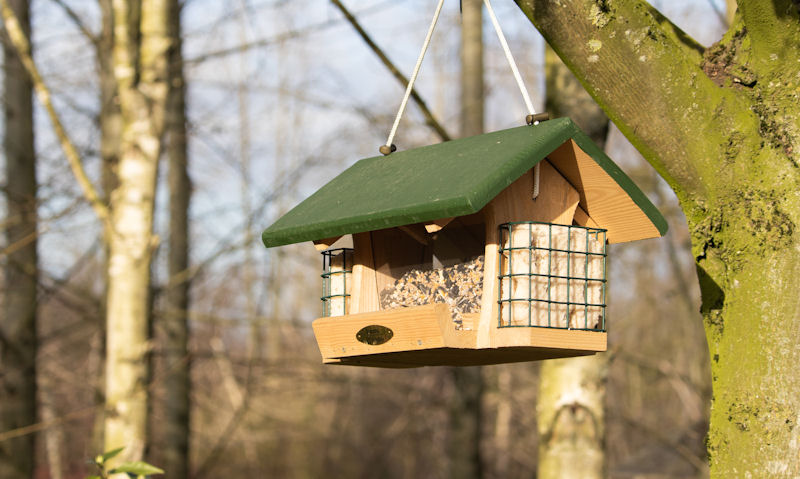Can wild birds eat rice
Rice can be a healthy way to feed wild birds in wintertime especially, in an effort to fill them up to maintain their energy, which will keep them ticking over until the next meal.
You can feed wild birds cooked rice that is favored by House Sparrows or Blackbirds. And while larger birds will eat cooked rice alongside them, you can expect Pigeons, Doves, Grackles, Blue Jays, and Crows, of the backyard birds who can be fed on both cooked or uncooked plain, salt-free white or brown rice.
While rice is a good, healthy enough filler to provide to wild birds in winter; fatty, protein rich bird food must still be prioritized.
With that, you will want to provide a small amount of cooked rice which you'd want to clean up on the same day.
Rice will quickly rot when cooked and with that you may find the wind will cause the rice to blow over the yard. Birds will make some mess also, although to tidy it up the rice at the end of the day, you can replace it the next day with a fresh batch.
It will possible to cook up a big batch of rice which can be stored in the refrigerator for the coming days.
Make it 100% unsalted white or brown/wholemeal rice only with no store-bought special flavored rice, which is normally produced to compliment curry dishes.
The likely small common backyard birds who may very well feed on cooked rice will be House Sparrows and Blackbirds.
Similarly, large wild birds who will feed on cooked rice could be Pigeons, Doves, Blue Jays, Grackles, Crows, and Woodpeckers - all of whom you may find can be fed on a small amount of uncooked rice.
Provide cooked and uncooked white or brown rice on a platform bird feeder, with an option to put rice in an unwanted ceramic dish which will safely store rice until its all eaten up - and so its made easy to conveniently empty leftovers into the trash later.
Rice can benefit birds in winter time
While its certainly fine to provide wild birds white or brown, or a mix of both rice varieties, to do so in the wintertime will benefit wild birds who will urgently need feeding.
As you may know feeding wild birds in Spring and Wintertime is the most urgent time of the year, as naturally what wild birds forage for in the wild, will become scarce.
As a result wild birds prioritize our front or backyards to feed off all types of bird feeders, including open top platform bird feeders, along with bird feed put on the ground.
Well, with wild birds needing a good meal to fill their bellies you'll find cooked, or uncooked rice, to be more favorable at this time of year. You must continue to feed our wild birds on proper bird feed like peanuts, seed mixes and suet - with cooked/uncooked rice an open when out of bird feed or if you have lots of Pigeons.
All types of safe cooked or uncooked rice isn't an alternative to nutritious wild bird feed, rice should only be used to fill wild birds tummies to stop them going hungry.
Remember, when you don't have larger birds in your yard like Pigeons or Doves to offer rice to, rice will likely go untouched by smaller songbirds.
Plain white or brown rice only
One rule of feeding wild birds on cooked/uncooked rice is it must be white or brown rice varieties only.
What that can include will be plain Long-Grain, Brown, Basmati, and Jasmine rice being the safest options.
Rule of thumb is all plain white and brown rice only which must be boiled in a pan of water, which is a way to guarantee no salt or special flavors have been introduced.
Where you'll be risking wild birds health is if you begin to feed birds on what is rice available in sachets, pouches or boxes that have added flavors to match Indian dishes, as an example of bad rice choices.
Same applies to providing white or wholemeal cooked pasta to wild birds, which has the same rule for rice.
Make it plain white or brown rice only then while absolutely avoiding adding salt, or using special store-bought rice where its pre-cooked in salted water.
NO added salt to cook
While wild birds can eat rice of the cooked or uncooked kind, its vitally important to keep it salt-free with all additional ingredients avoided.
Bear in mind even a small amount of salt fed to wild birds can be extremely poisonous to wild birds, which will lead to ill health or death.
Be extra cautious knowing what serious damage salted rice can do to a wild birds organs, of which you will do well to provide them plain rice you can 100% be sure it wasn't boiled in salted water.
Similarly, you must be mindful of most rices sold in store that utilizes additional favors which must be avoided at all times.
Favored rice means a lot of salt of which this type of rice can never be used.
To cooked rice yourself you can be absolutely certain you never cooked it in salted water, nor was then salt added at the point of packaging. Providing wild birds uncooked rice only is at least an option we can guarantee no salt was added.
Few birds eat uncooked rise
While its important to prioritize cooked plain white or brown rice to feed what will mostly be House Sparrows and Blackbirds; all large size wild birds can eat the same along with uncooked rice, fed to them right out of the box/bag.
With that, what wild birds will eat uncooked rice can be Pigeons, Doves, Grackles, Blue Jays and Crows.
Think about that for a minute because most people like to feed small birds and not Pigeons in the yard, of which you could end up inviting more Pigeons and Doves which could lead to smaller songbirds being scared off indefinitely.
With the chance to feed Blackbirds on cooked rice and Pigeons on either, you must make up your mind how to feed Blackbirds and not Pigeons - while at the same time choosing between Blackbirds... or Pigeons who can be a problem.
Either way, to feed the few wild birds who will eat the cooked or uncooked rice you leave out for them, rice generally is fed to wild birds on a surface or in a dish/tray.
Which means of course unless you add restrictions, all rice-eating wild birds will feed.
To Summarize Up
While you can provide cooked or uncooked rice to wild birds, you'll find wild birds do eat it even if its limited to few rice-eating backyard bird species.
And with that, the species rice attracts to our yard may not be the wild birds you wish to invite on to your backyard birding equipment - and in turn may return regularly to access bird feeders, or forage on the ground as normal.
Before you go ahead and feed wild birds on cooked or uncooked rice, know it will attract the following wild bird species: House Sparrows, Blackbirds, Blue Jays, Crows, Grackles, and of course the always reliable Pigeons and Doves.
Understandably, you wouldn't want to attract all these wild birds of which, you must avoid feeding rice to birds if the ones you wish to avoid show up to eat.
Rice must always be salt-free which it will be if you boil rice in a pan of boiling hot, unsalted water only.
7
Avoid flavored rice options as its guaranteed to include dangerous ingredients, just as microwave ready meals readily do.
Provide salt-free plain rices with only white plain rice or the brown/wholemeal kind, that is plain as unbuttered toast.


